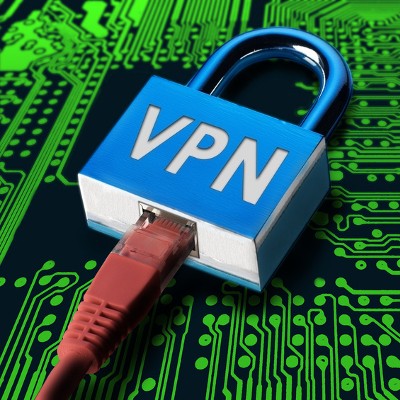With all of the talk about the FCC and Net Neutrality in the recent news, a lot of computer users are concerned about the amount of privacy afforded them by their Internet service providers--and rightfully so. Regardless of whether the net neutrality ruling was justified (hint: it wasn’t), users are finding that they have to take their privacy into their own hands. The easiest way to do so is with a Virtual Private Network.
VPNs are hardly new in the business world. They are frequently used by organizations that have a lot of moving parts--especially those who have mobile employees that do a lot of traveling and require remote access. VPNs encrypt the data sent to and from a device via the network. This affords your data precious privacy, allowing you to do work with sensitive information without exposing it to any potential onlookers. A VPN also tends to use another computer’s IP address rather than your own, which adds even more privacy that you might not get otherwise.
However, you want to find only the highest quality VPN for your business’s ventures. Here are some key topics to consider for your virtual private network needs.
Reputation
If you use a third-party VPN, there is a chance that all your data will be traveling through their servers. What if the company that you are going through for your VPN shares this information with the NSA or advertising organizations? You want to go through a VPN provider that prides themselves on user security and privacy. Look at the reputation they have with their consumer base. You can do this simply by looking for online reviews.
Logging Policy
If your VPN provider logs information that you access, and tracks your communications with your network, they are no different from your normal Internet service provider. The right VPN provider will have a zero-logging policy that keeps your activity private.
Jurisdiction
Depending on where the VPN company is located, you may decide that they don’t have your privacy at the top of their mind, specifically because they can’t due to common legislation that prevents them from doing so. Therefore, you should look for a company that doesn’t need to adhere to the rules put in place by Five Eyes and Fourteen Eyes countries (United States, United Kingdom, Australia, Canada, New Zealand).
Encryption Standards
Most VPNs will use the OpenVPN protocol, with the options to increase security at the expense of speed or the choice between SSH or SSL tunneling. Remember, you shouldn’t settle for anything less than the best--or at least the opportunity to use the best.
Payment
Credit cards lead to paper statements, which defeats the purpose of anonymity. Consider using cryptocurrency such as Bitcoin to mask the payments so that they don’t appear to be associated with your name.
While you can use a consumer-grade VPN for your personal browsing needs, you’ll want an enterprise-grade VPN to keep your business secure. To learn more, reach out to Voyage Technology at 800.618.9844.



